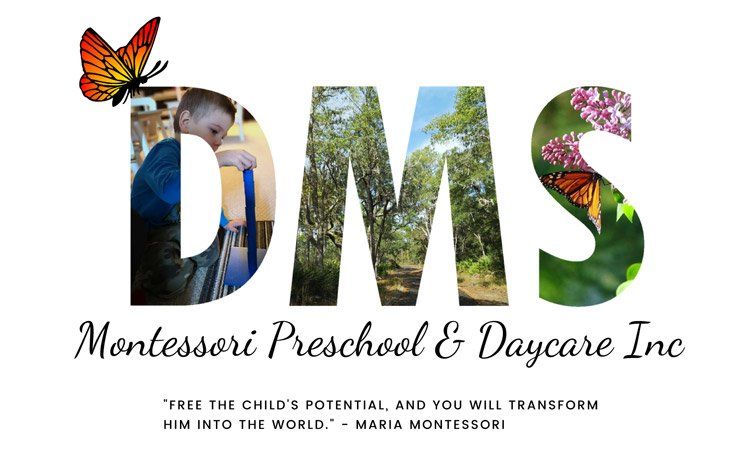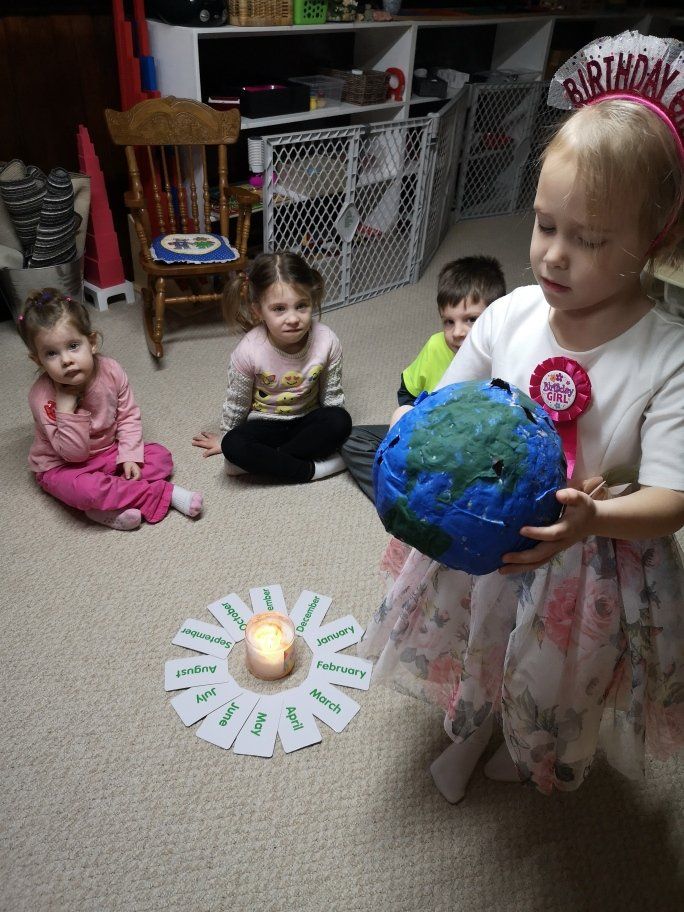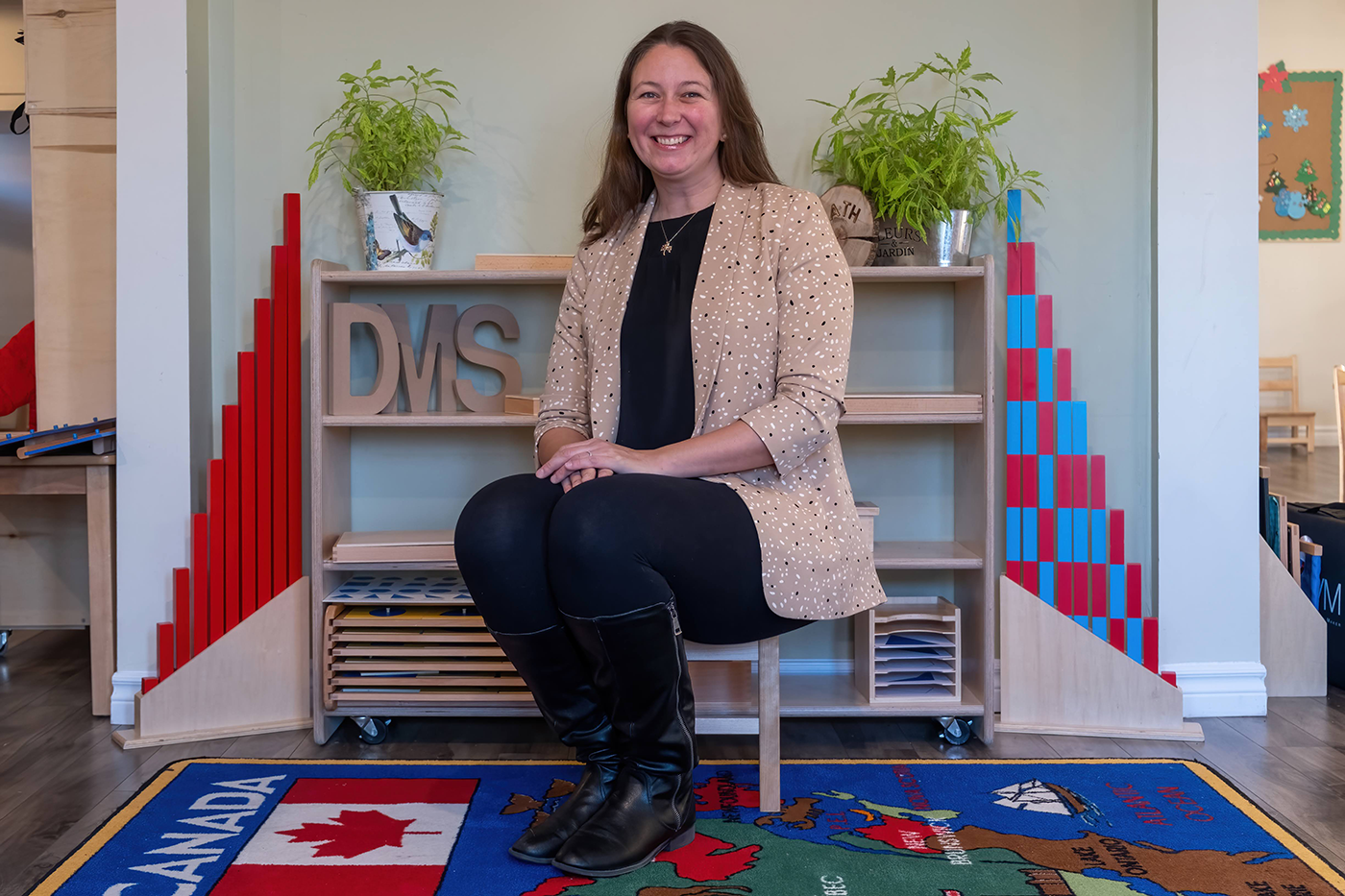Refrain from saying, "Good Job."
Why don't we say, "good job?"
Why not to say "Good Job" in Montessori?
In Montessori education, the phrase "good job” is deliberately avoided because it can create a dependence on external validation, potentially undermining the development of a child's intrinsic motivation. The Montessori philosophy prioritizes helping children find internal satisfaction and confidence in their own abilities, guiding them to become self-directed learners. This approach is grounded in several key principles:
Encouraging Intrinsic Motivation:
Instead of emphasizing external praise, Montessori education centers on cultivating a child’s capacity to experience joy and satisfaction through their own efforts and achievements. This approach encourages children to engage in self-reflection, allowing them to independently assess their progress and accomplishments. By doing so, they develop a strong internal motivation to learn, grow, and take pride in their successes.
Montessori educators guide children to recognize the value of their hard work, perseverance, and problem-solving, helping them understand that personal growth comes from within. This internal sense of achievement fuels their desire to improve and master new skills, not for the purpose of receiving approval or rewards from others, but for the genuine satisfaction of overcoming challenges and expanding their knowledge.
As this intrinsic motivation is nurtured, it lays the groundwork for lifelong learning. Children learn to set goals and pursue them out of curiosity and the drive for personal mastery. This approach fosters resilience, as children are empowered to continue exploring and pushing their boundaries without the need for external validation. Ultimately, they come to value the learning process itself, building the foundation for self-directed learning and a deep, lasting love of discovery and growth.
Building Independence and Self-Evaluation:
By avoiding phrases like "good job," Montessori educators focus on fostering a child's ability to evaluate their own work and make independent choices. This method encourages critical thinking and self-reflection, empowering children to assess their progress according to their own internal standards rather than seeking external validation. As a result, children gain confidence in their problem-solving abilities, develop resilience in facing challenges, and learn to trust their judgment. This ultimately nurtures a strong sense of autonomy and independence.
Supporting Unconditional Self-Worth:
Saying "good job" can inadvertently imply that a child's worth is tied to certain actions, outcomes, or behaviors. In contrast, Montessori education embraces the whole child and values all efforts equally, regardless of whether they meet traditional standards. By shifting the focus away from outcomes, Montessori creates an environment where children feel secure to take risks, explore new ideas, and try without fear of judgment. This fosters a mindset where a child's self-worth is rooted in their own growth and self-expression, rather than relying on external validation.
Focusing on the Learning Process:
In Montessori classrooms, the emphasis is on recognizing the effort, persistence, and thoughtfulness behind a child's work, rather than merely the final result. Montessori educators highlight the process—such as a child’s focus, problem-solving abilities, and perseverance—helping them understand that the value of learning lies in the journey itself. This approach teaches children to appreciate the effort they invest and to view mistakes as opportunities for growth, rather than obstacles to success.
Providing Specific and Constructive Feedback:
Rather than offering generic praise like "good job," Montessori educators provide specific, personalized feedback that highlights a child’s individual actions and efforts. For instance, a teacher might say, "You were very careful while working on that puzzle," or "I notice you used many different colors in your drawing." This kind of feedback encourages children to engage in self-assessment and reflection on their learning experiences, fostering a sense of pride in their work and reinforcing the link between their efforts and accomplishments.
Creating a Lifelong Love of Learning:
By emphasizing self-motivation, independence, and thoughtful feedback, Montessori educators support children in cultivating a strong sense of self-awareness and confidence in their abilities. This approach inspires a genuine love of learning fueled by curiosity, personal growth, and the joy of discovery, rather than a desire for external validation. Children learn to welcome challenges, recognize their own progress, and develop the skills needed to approach life with confidence and resilience.
Through this method, Montessori empowers children to become motivated, independent thinkers who appreciate the learning process and find fulfillment from within.

Your Privacy Matters!
DMS Montessori Preschool and Daycare Inc. is committed to respecting the privacy of individuals and recognizes a need for the appropriate management and protection of any personal information that you agree to provide to us. We will not share your information with any third party outside of our organization, other than as necessary to fulfill your request.
CONTACT US
101 Simcoe Street North
Oshawa, Ontario
L1G4S4
905-728-3372
dms@durhamregionmontessori.ca
JOIN OUR PUBLIC NEWSLETTER LIST - COMING SOON!
We will get back to you as soon as possible
Please try again later
DMS Montessori Preschool and Daycare | Montessori Preschool in Oshawa | Montessori |Daycare in Oshawa | Montessori Preschool and Daycare serving Durham Region |Oshawa, Whitby, Ajax, Pickering, Courtice | Daycare and Preschool Oshawa | Montessori School
2021 All rights Reserved










